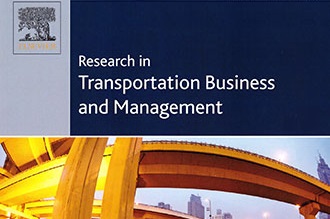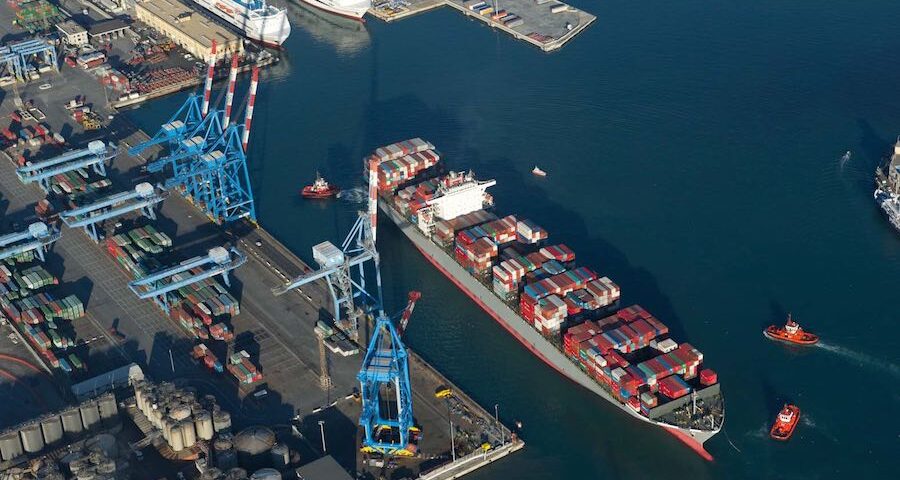 Are port governance reforms embedded in specific institutional and economic domains?
Are port governance reforms embedded in specific institutional and economic domains?
In their latest port study examining the recent renovation of port governance in Italy, PortEconomics members Francesco Parola and Giovanni Satta – along with Claudio Ferrari (University of Genoa), Alessio Tei (Newcastle University, UK) and Enrico Musso (University of Genoa) – challenge traditional models and proposed an alternative contextualization of governance schemes in local territorial contexts.
The study analyzes institutional trajectories in port governance, by advancing knowledge on the risks of the reform processes implemented in rigid institutional frameworks, reluctant to conjugate global challenges with local claims.
Institutional divergence may emerge between the objectives set at governmental level and the claims at regional/port level, by causing a delay of the implementation stage. The study addresses the Italian port context, as a meaningful empirical case and adopts an original theoretical frame, by encapsulating the well-established notions of intended and emergent strategy within the construct of institutional plasticity applied to public organizations. The outcome of the Italian case unveils that the ongoing reform process is still partially inadequate to capture some urgent requirements as expressed several times by different port communities and stakeholders. The lack of a bottom-up perspective and local adaptation may constitute a dangerous drawback of the new governance framework.
The study, included in a special volume of the scholarly journal Research in Transportation Business and Management (RTBM) on Port governance and reforms.
PortEconomics provides you the authors’ version. Follow the link.












